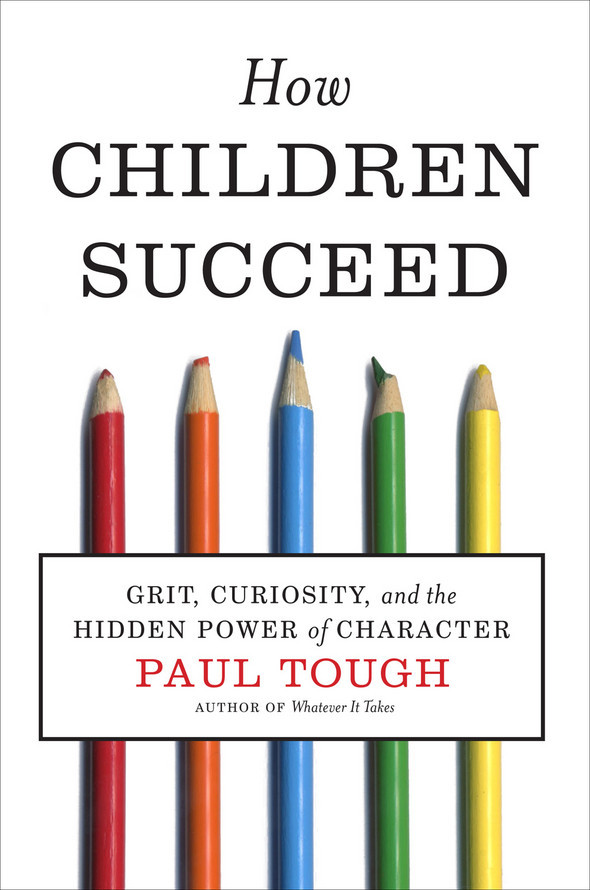Journal of Ophthalmology
Volume 2013 (2013), Article ID 518479, 5 pages
http://dx.doi.org/10.1155/2013/518479
Research Article
Retina Service, Massachusetts Eye and Ear Infirmary, and Department of Ophthalmology, Harvard Medical School, 243 Charles Street, Boston, MA 02114, USA
Received 8 June 2013; Accepted 18 August 2013
Academic Editor: Gennady Landa
Copyright © 2013 Luis J. Haddock et al. This is an open access article distributed under the
Creative Commons Attribution License, which permits unrestricted use, distribution, and reproduction in any medium, provided the original work is properly cited.
Purpose. We describe in detail a relatively simple technique of fundus photography in human and rabbit eyes using a smartphone, an inexpensive app for the smartphone, and instruments that are readily available in an ophthalmic practice. Methods. Fundus images were captured with a smartphone and a 20D lens with or without a Koeppe lens. By using the coaxial light source of the phone, this system works as an indirect ophthalmoscope that creates a digital image of the fundus. The application whose software allows for independent control of focus, exposure, and light intensity during video filming was used. With this app, we recorded high-definition videos of the fundus and subsequently extracted high-quality, still images from the video clip. Results. The described technique of smartphone fundus photography was able to capture excellent high-quality fundus images in both children under anesthesia and in awake adults. Excellent images were acquired with the 20D lens alone in the clinic, and the addition of the Koeppe lens in the operating room resulted in the best quality images. Successful photodocumentation of rabbit fundus was achieved in control and experimental eyes. Conclusion. The currently described system was able to take consistently high-quality fundus photographs in patients and in animals using readily available instruments that are portable with simple power sources. It is relatively simple to master, is relatively inexpensive, and can take advantage of the expanding mobile-telephone networks for telemedicine.


















